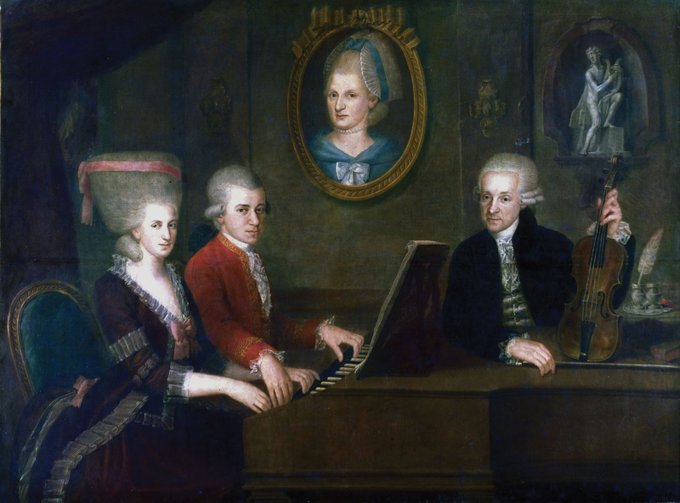By the mid-1780s Sarah Siddons–died #OTD 1831–had established herself as a cultural icon & the undisputed Queen of Drury Lane. By blurring the distinction between the characters she played on stage & representations of herself offstage, she presented a duality to her admirers.
Orlando Gibbons died while at Canterbury #OTD 1625. His early death was a shock to his peers & necessitated a post-mortem, though the cause of death (apoplexy) aroused less comment than the haste of his burial & his body not being returned to London.
Full of darkness, shifting lights & sly humour, Leon Garfield died #OTD 1996: "One does not write for children, one writes so that children can understand …clearly, vividly & truthfully as possible. Adults might put up with occasional lapses; children are far less tolerant."
Famously acquitted for the axe murders of her father & stepmother, Lizzie Borden–died #OTD 1927–was ostracized by Fall River society despite her acquittal. Her name was again brought into the public eye when she was accused of shoplifting five years after the murders.
A haughty & hard-to-please man of broad cultural achievement, Leopold Mozart (R)–died #OTD 1787–was, according to family letters, a father who cared deeply, but was frequently frustrated in his greatest ambition: to secure for his son a worldly position appropriate to his genius.
Rarely idle & often working simultaneously in several media, Gertrude Hermes–died #OTD 1983–combed shingle beaches for soft chalky pebbles that might yield to the blade of her penknife, & became part of a set of “social arcadians intent upon unfettered freedom”.
The female figure was an important symbol for Willem de Kooning–born #OTD 1904–& manifested herself in his work "as at once the focus of desire, frustration, inner conflict, pleasure… & as posing problems of conception & handling as demanding as those of an engineer."
Mark Twain earned a great deal of money from his writings & lectures, though invested in ventures that lost most of it. Born shortly after an appearance of Halley's Comet, he predicted that he would "go out with it" as well, & died the day after the comet returned #OTD 1910.
“People can die of mere imagination…” Chaucer first relayed The Canterbury Tales to the court of Richard II #OTD 1397. His pilgrims offer a variety of insights into customs & practices of the time, & paint an ironic & critical portrait of English society, especially the Church.
Vaslav Nijinsky–died #OTD 1950–was in & out of asylums during the last 30yrs of his life. In 1945, he encountered some Russian soldiers in an encampment playing traditional folk tunes. Inspired by the music & hearing his native language, he began dancing & started to speak again.













